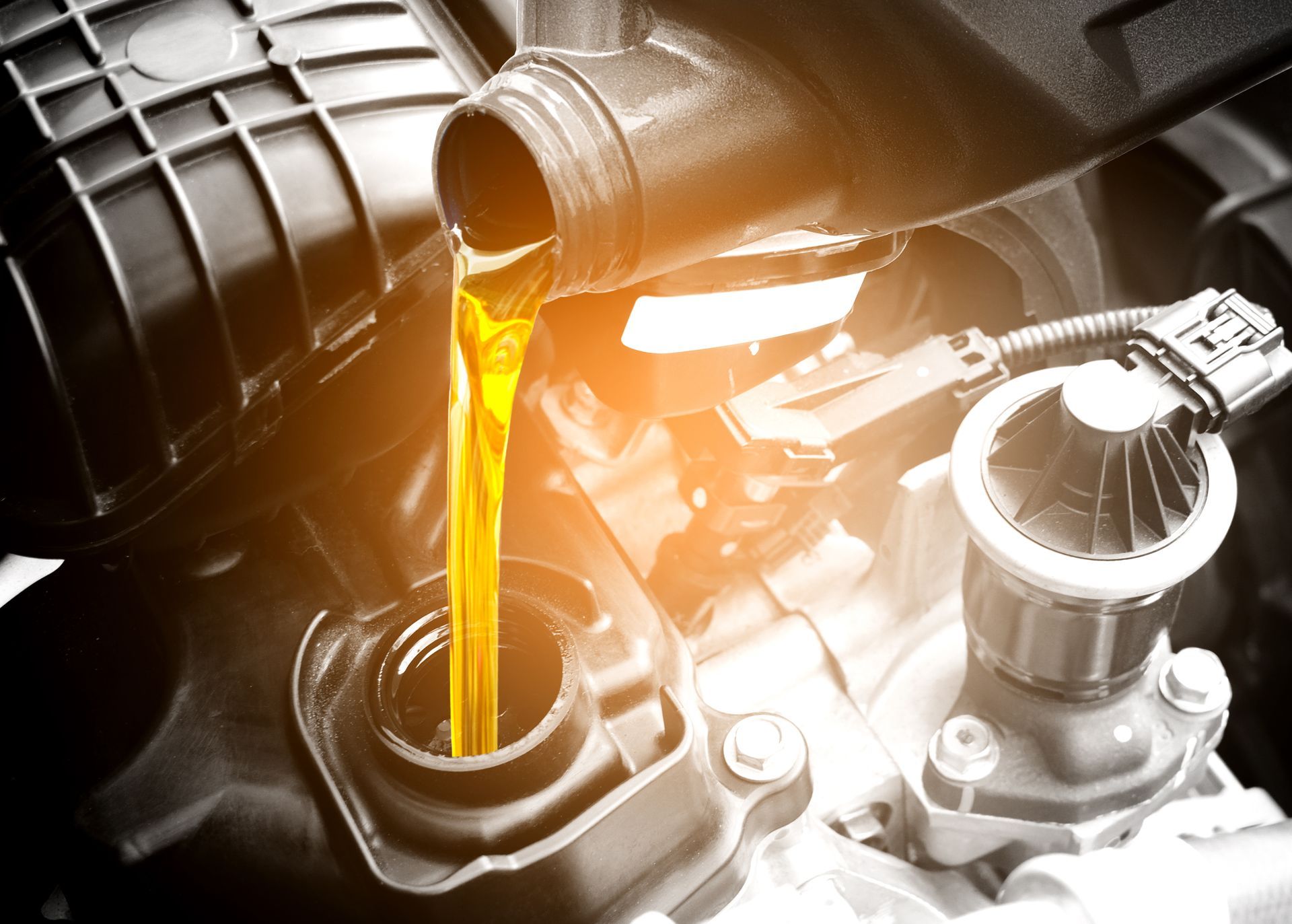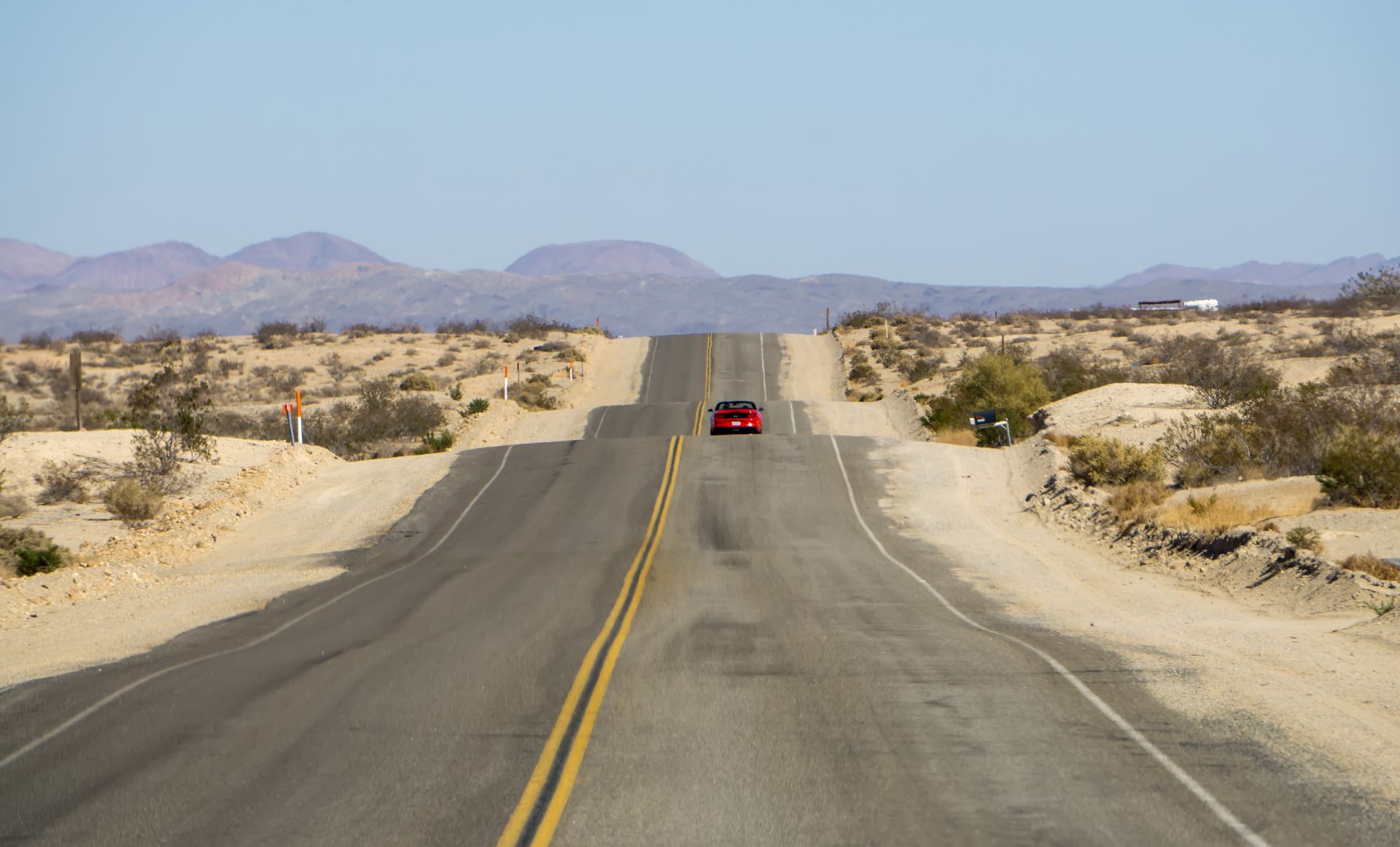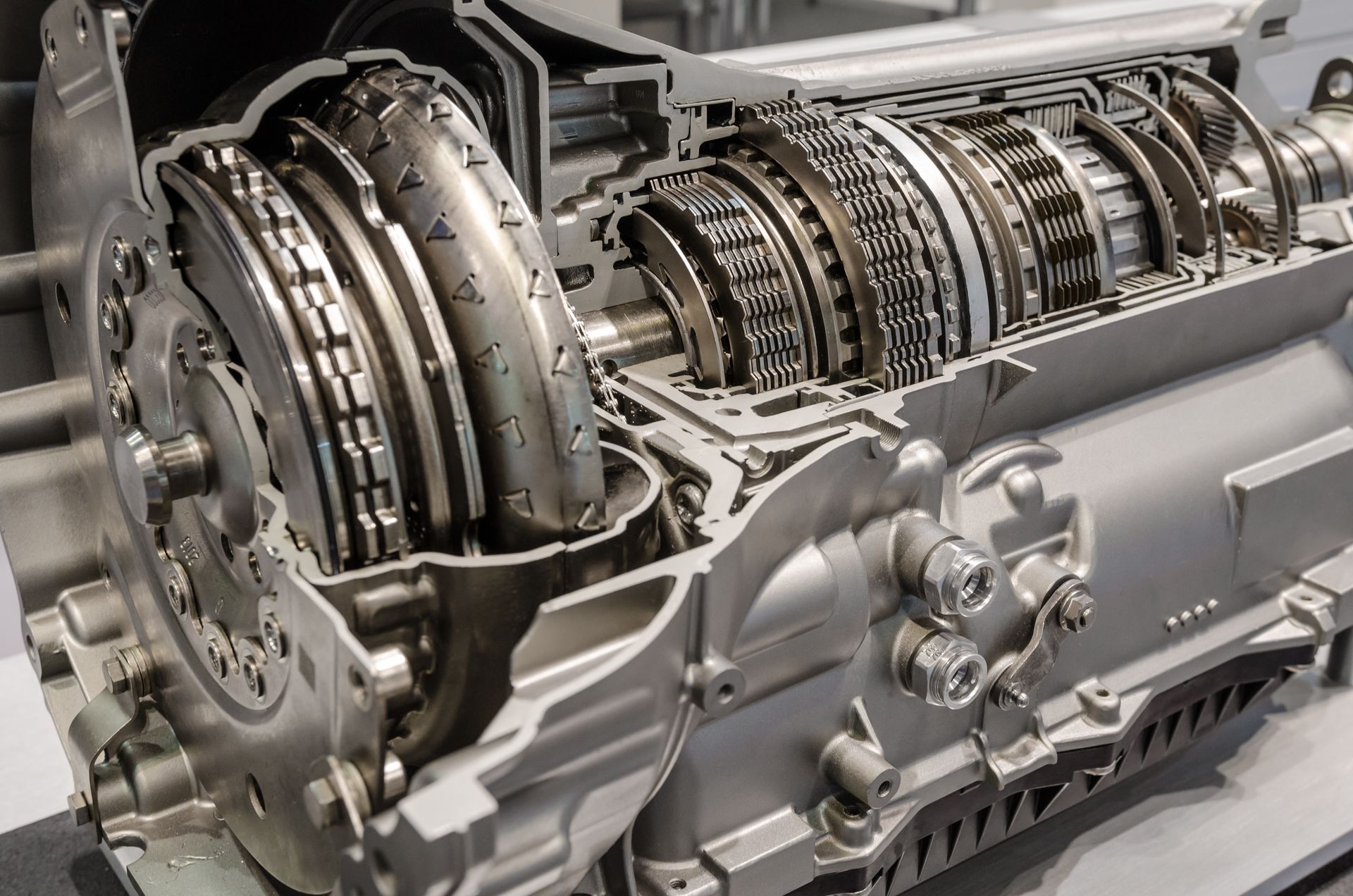MINI Repair & Service in Tempe, AZ
MINI Coopers are an expression of individuality, agility, and pure driving fun. At American Five Star Auto Repair & Transmission in Tempe, AZ, we have a good track record of servicing MINIs, including the iconic Cooper hardtop and convertible, Countryman, and Clubman. No matter the model you drive, we have the expertise to maintain its performance and charm.
Trustworthy MINI Repair
Our Tempe MINI service shop utilizes the latest diagnostic tools and high-quality parts to keep your MINI zipping through life. Whether you need maintenance to preserve your MINI's legendary handling and fuel efficiency, repairs to address any unexpected problems, or professional advice, we're here as your dealership alternative.
Why American Five Star Auto Repair & Transmission
We focus on building trust and long-term relationships with our MINI owners. You'll never feel pressured into unnecessary services, and we'll always explain your options clearly. Transparency and open communication are at the core of our customer service approach. If you have any questions, please feel free to reach out to our team.
Whether you're commuting locally or taking a weekend road trip, we’ll work to ensure your car is ready for the journey. When you choose American Five Star Auto Repair & Transmission, you get personalized service that aligns with your MINI’s specific needs.
MINI Service Near Me
Conveniently located at 2070 E Apache Blvd Suite 101, Tempe, AZ 85281, American Five Star Auto Repair & Transmission offers the best MINI service and repairs. Please give us a call at (480) 966-8181 or fill out our form to schedule an appointment!
Go Big with MINI Service at American Five Star Auto Repair & Transmission.
Featured Blogs & News



